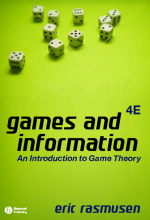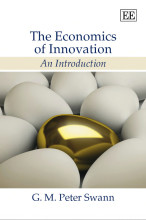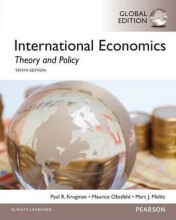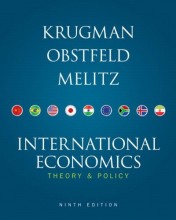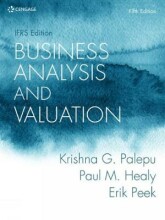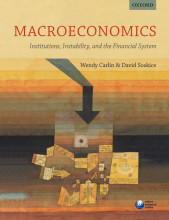Articles - Eckel
10 important questions on Articles - Eckel
What is the common explanation of why dictators do not offer 0?
The experiment is designed in such a way that the usual anonymous recipient is now a reputable charity. In the standard dictator game, the subjects know that the other players are just like themselves. Now the subjects know the recipient is a charity. This treatment substantially increases altruistic giving. We can infer that: -
-anonymous conditions, an increase in the “deservingness” of a recipient increases the quantity of donations by experimental subjects
Describe the expirimenter effect
- Higher grades + faster learning
- Never study anything twice
- 100% sure, 100% understanding
Is Hypothesis: “if offers are due solely to proposers’ concerns with fairness, the offers will be the same in the two games”. Met?
Dictator game in which the dictator is asked to determine the division of 10 euros: 1. Double-anonymous dictator game (Hoffman)
2. Anonymous partner is replaced by a charity
Results:
2. These subjects donated 31% (149) of the payoffs. Only 27% kept the 10 euros for themselves. Five subjects donated the full 10 euros; none in the anonymous treatment did.
What can we conclude from this result:
Altruistic behaviour increases when the recipient is a charity as opposed to an unknown person.
According to the findings of Eckel and Grossman, is behaviour as found in laboratory experiments consistent with the prediction of standard game theory? If not, how do Eckel and Grossman explain the difference?
Why is a non-zero offer in a Dictator Game not always an indication of a concern for fairness by the donor?
Is the Ultimatum Game, as described on page 185 of the article, a game with complete or with incomplete information? e
Why do Eckel and Grossman replace the anonymous receiver by a ‘deserving’ charity in the Dictator Game? Does this change the findings of the experiment?
The question on the page originate from the summary of the following study material:
- A unique study and practice tool
- Never study anything twice again
- Get the grades you hope for
- 100% sure, 100% understanding



















